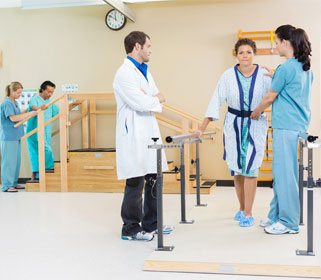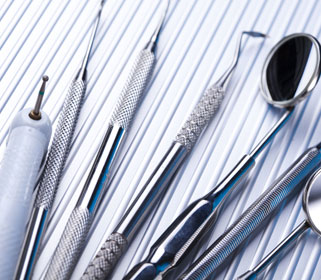Home » Lab Equipment Supplies » Beyond The Basics With Phlebotomy Chairs » Beyond The Basics With Phlebotomy Chairs
Beyond The Basics With Phlebotomy Chairs
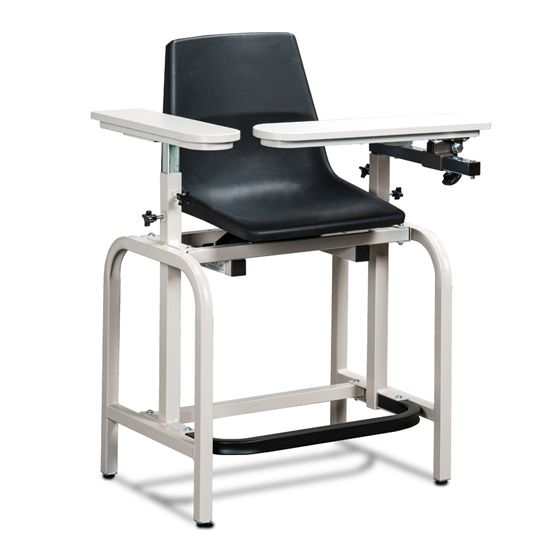
Extra-Tall Blood Drawing Chair w/ Flip Arm
Retail Price: $751.14
Your Price: $556.40
 Unit: single
Unit: single
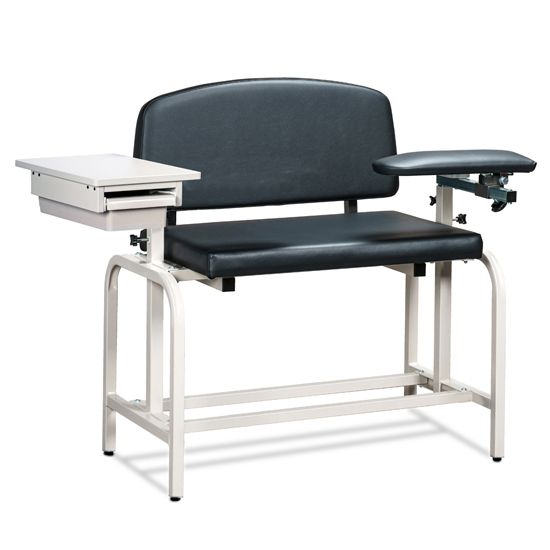
Extra-Wide & Extra-Tall Blood Drawing Chair w/Arm & Drawer
Retail Price: $1,309.65
Your Price: $970.11
 Unit: single
Unit: single
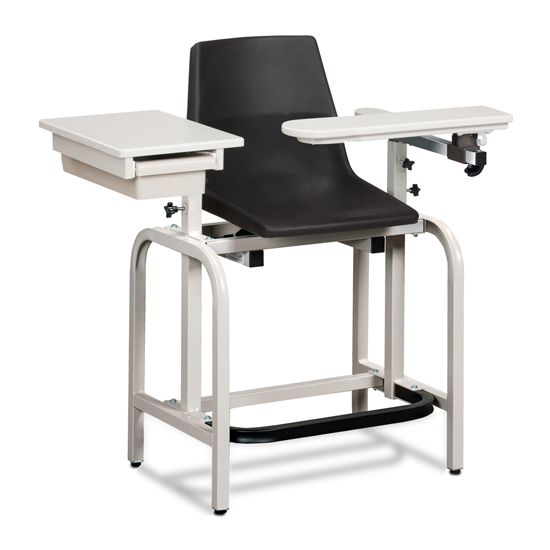
Extra-Tall Blood Drawing Chair w/ Flip Arm & Drawer
Retail Price: $894.03
Your Price: $619.37
 Unit: single
Unit: single
Buying equipment and supplies for patient care is never easy. There are always standard models and traditional styles of all types of equipment but, depending on the type of facility, these standard options may not meet all your needs. Finding different options in all equipment, including phlebotomy chairs, is one way to stretch your supply budget.
Phlebotomists, nurses and technicians that are responsible for drawing blood from patients need to have several features on the chairs. The first and perhaps most important aspect in top of the line phlebotomy chairs is comfort. This includes both the patient and the technician. Blood drawing chairs that are standard in size may be very comfortable for the patient but will leave the technician in a bending position when drawing blood. The other option that the technician has is to sit beside the patient in another chair, requiring additional equipment. To avoid this problem and to ensure the patient's arm is at the correct height without the need for staff to bend over consider either a tall chair or a hydraulic chair.
Tall chairs or extra-tall have the patient sitting up higher in the chair frame, positioning the arm at chest height for the patient and at just above waist height for staff. This is ideal for ensuring that the blood drawing process can be done efficiently and quickly. On these chairs the armrests can be adjusted on the frame of the chair and may be interchangeable for left or right side blood draws. Another option is to consider a power or hydraulic blood draw chair. This allows the staff to position the patient at the correct height for each individual technician. As with other styles of blood drawing chairs the arms on the hydraulic models are fully adjustable and can come with either a drawer or cabinet feature for additional supply storage.
Moving beyond hydraulics to power lift phlebotomy chairs may be an important consideration in busy labs, research facilities, testing centers and clinical settings. These blood drawing chairs are controlled by a foot operated switch that allows the seat to lower for patient access and then be raised to the correct level for the technician. When the process is completed the patient can be lowered to a safe and comfortable position to exit the chair. This is an ideal consideration when working with patients with mobility problems or when working with seniors.
For patients in wheelchairs phlebotomy chairs are replaced with phlebotomy stations. These are wall mounted devices that feature an armrest that can be lowered into the correct position for the patient, typically resting on the arm of the wheelchair. Once in the right position for the patient the armrest is locked into place as a solid support for the patient's arm. This prevents the need to move non-ambulatory patients out of a wheelchair or to try to draw blood without a secure armrest in place. When not in use the armrest is pushed up and remains flush to the wall, making it an ideal option even in small rooms.
Infants also require specialized equipment for safe blood testing. An infant blood drawing station is essential in any hospital, clinic or laboratory facility. These small table style padded stations have safety straps and a plastic work tray so technicians do not have to move away from the infant.
New features in phlebotomy chairs also include specific types of materials used in upholstery or in molded plastic that resist mold, bacteria and staining. These materials can also be approved for use in specific conditions and may meet state requirements as non-flammable materials for laboratory use.



